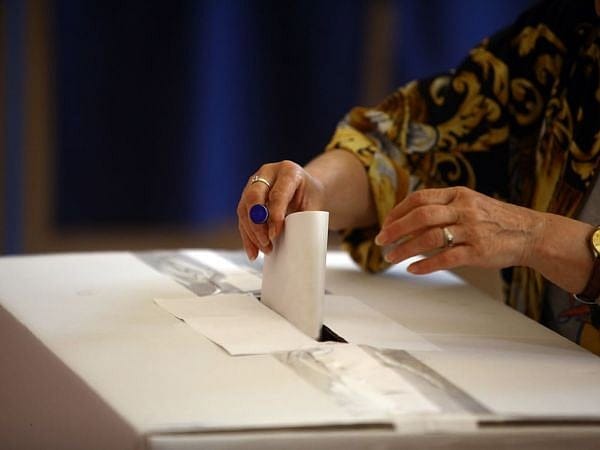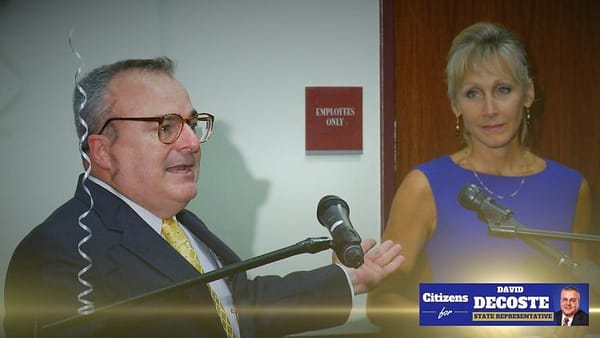Ranked-Choice Voting Opponents Say Issue Is Now Settled In Massachusetts By Decisive Rejection From Voters

For those who oppose ranked-choice voting, Tuesday night was a victory.
That includes the Massachusetts Fiscal Alliance, which opposed the bill and wrote the official argument against Question 2 in the Massachusetts voters guide sent to households across the state before the 2020 general election. Bay State voters rejected the measure 55 percent to 45 percent.

